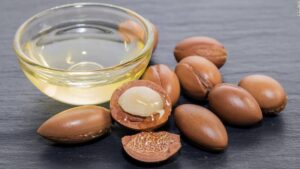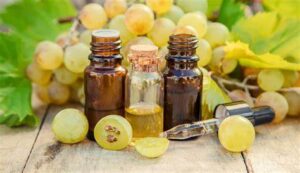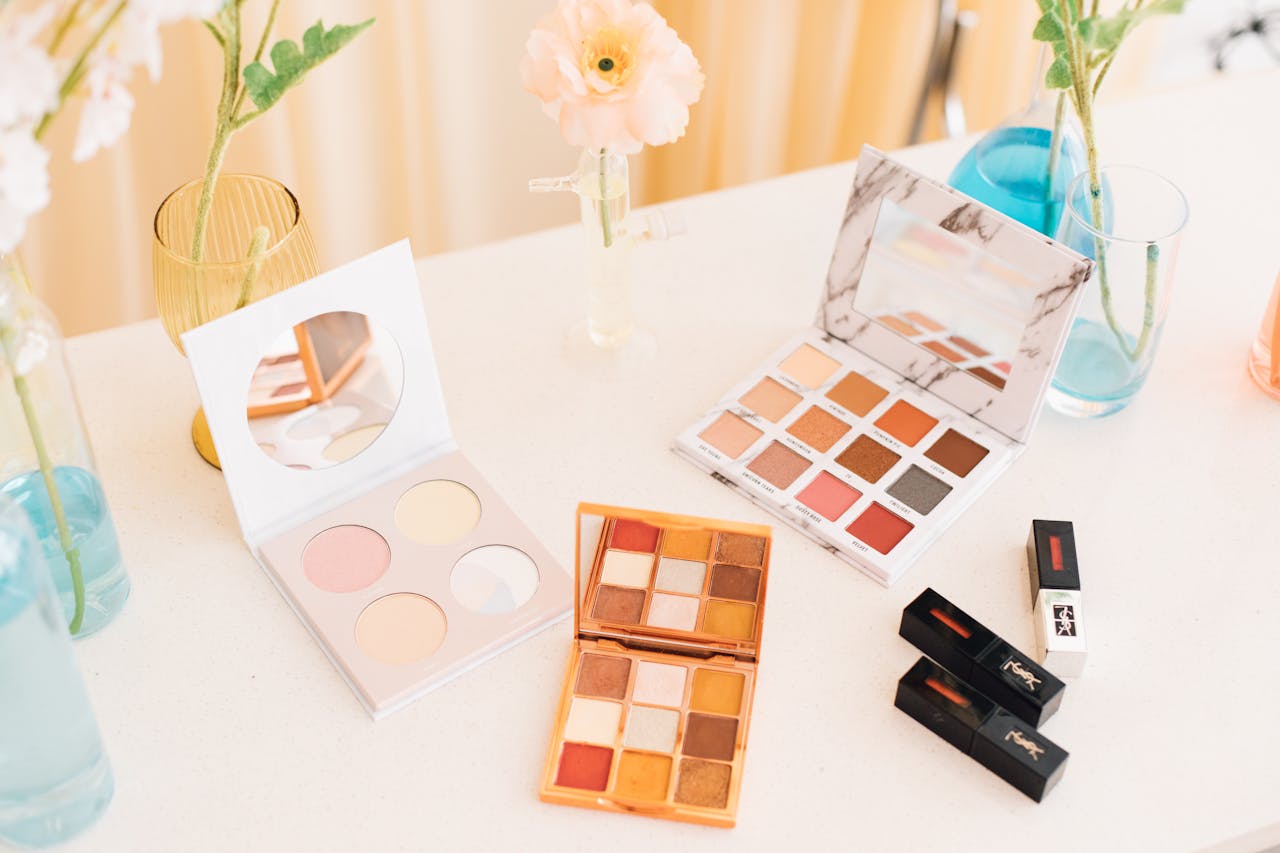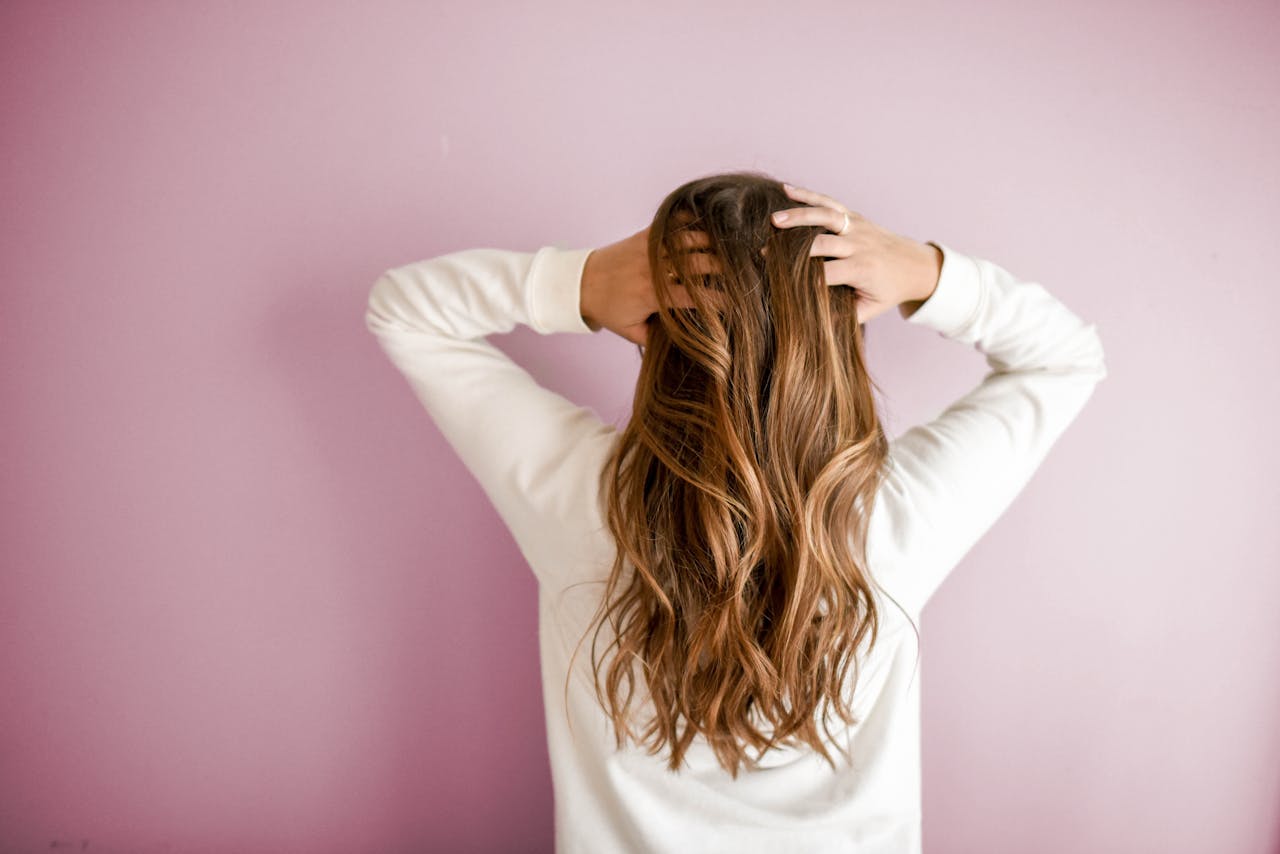Oils for low porosity hair have become essential when it comes to protecting it, as it needs hydration to retain moisture. Many oils are available for hair, but it becomes difficult to choose the right oil for low porosity because all oils are not good for this purpose.
This article contains the 3 best oils and their characteristic benefits for low porosity hair.
Understand the Low Porosity
Before knowing about oils for low porosity hair, it is important to recognize the mean of porosity and low porosity
Porosity is the ability of hair to absorb moisture and low porosity is 1st type of porosity. If your hair suffers from low porosity hair, then you may see these signs:
- While washing your hair will not get wet quickly but the water will sit on the pearly hair and Your hair will also take time to dry
- When you use hair products, the product’s ingredients will sit on the hair shaft instead of absorbed.
This happens only when the cuticle layer of your hair is attached firmly.
Discover proper meaning, causes, and care tips for low porosity in hair!
How to Protect hair from low porosity by oils?
Protecting hair from Low porosity requires lightweight oils. Heavy oils are not suitable for this because they tend to sit on the surface of low porosity hair, which can cause split ends production, greasy build-up, and lack of hydration. You should use lightweight oils that can enter the hair shaft easily, to provide moisture and nourishment.
What are the Criteria for choosing the right oils for low porosity hair?
It is vital to Consider the following criteria before finding specific oils for low porosity hair:
♦ Light-weight Texture
Make sure that oils are light enough to penetrate the hair shaft.
♦ Moisture absorbing properties
You should also consider those oils that help retain moisture in low porosity hair.
♦ Nutrient-Rich
Always select oils rich in vitamins and minerals that promote hair health.
Remember: These 3 features must be included in your selected oils for low porosity hair.
Top 7 Oils for Low Porosity Hair
Are you confused about how can I select oils that have the above 3 features?
Don’t worry!!
Here are the powerful 7 oils that have those properties needed for low porosity hair. Continue reading and discover oils for low porosity hair with their benefits and characteristics.
1.Jojoba Oil

Jojoba Oil is a natural oil extracted from the seeds of the Jojoba plant (Simmondsia chinensis); it is very beneficial for low porosity hair due to its moisturizing properties as Jojoba Oil is non-comedogenic meaning it will not clog the pores.
⇒Characteristics
- Lightweight and non-greasy
- Mimics the natural sebum of the scalp
- Small molecular structure
- Balancing Sebum Production
- Protective barrier form
⇒Benefits
- Being lightweight, jojoba oil hydrates hair without weighing it down. It does not leave a greasy residue making it suitable for regular use without any buildup.
- Jojoba oil resembles the natural-looking skin-bomb which makes it great for skin care, too.
- The small molecular structure of jojoba oil enters the hair shaft more easily, helping deliver moisture where it is needed.
- This oil maintains a healthy scalp by balancing sebum production and reducing dryness, which contributes to overall hair health.
- It forms a protective barrier on the surface of the hair to lock in moisture and smooth the cuticle. This structure can enhance shine and also work with frizz.
2.Argan Oil

Argan oil is the most beneficial oil for low porosity hair. It is also a natural oil extracted from the kernels of the argan tree (Argania spinosa), famous as “liquid gold”. It is rich in several beneficial ingredients Which are counted among its features.
⇒Characteristics
- Lightweight
- Rich in moisture
- powerful antioxidants
- Fatty Acid
- Vitamin E
⇒Benefits
- Argan oil’s lightweight properties allow it to penetrate the hair shaft without weighing it down.
- It is rich in moisture which penetrates the hair shaft providing deep moisture while also enhancing softness and shine.
- This oil is rich in several antioxidants such as vitamin E, Squalene, and Phenols that promote hair health.
- Essential fatty acid in argan oil helps in deeply moisturizing and strengthening the hair and prevents breakage.
- Vitamin E included in argan oil helps repair and build tissue, promote healthy hair growth, and prevent split ends.
3.Grapeseed Oil

Grape seed oil is a light and versatile oil that is often a byproduct of winemaking. It is especially beneficial for low porosity hair. Grapeseed oil is easily absorbed. Grapeseed oil can add shine to hair. This oil also reduces acne and promotes healthy skin. Grapeseed oil is also rich in many vital antioxidants.
⇒Characteristics
- Lightweight
- Sealant
- Non-greasy
- Scalp Health
- Acids and antioxidants
⇒Benefits
- Grapeseed oil is also lightweight, and its moisture penetrates the hair shaft easily.
- When applied after a water-based moisture-leaving conditioner, it helps to seal in moisture, keeping the tongue hydrated for longer.
- Unlike heavy oils, grape seed oil doesn’t leave a greasy residue, making it ideal for hair with less porosity or that can get weighed down easily.
- A healthy scalp is essential for maintaining overall hair health which is also caused by grapeseed oil.
- Rich in essential fatty acids, particularly linoleic acid, and antioxidants like vitamin E, it is highly regarded for hair benefits especially low porosity hair.
How to use oils for low porosity hair?
Using the oil effectively can show even more results of low porosity hair. Here are the tips of using oils for low porosity hair:
♦ Pre-poo Treatment
Firstly, Apply light oil such as argan or grapeseed oil before shampooing. This technique helps protect hair from the stripping effects of shampoo and adds an extra layer of moisture.
♦ Warm Oil Treatment
Warm the oil a little before applying it to help it penetrate your hair shaft better. Heat the oil in a container in a bowl of hot water for a few minutes. Apply to your hair and scalp. Cover with a shower cap and leave on for 30 minutes to an hour before rinsing.
♦ Mix with Leave-in Conditioner
Add a few drops of the oil to your leave-in conditioner. It helps lock in moisture and provides extra hydration. Apply the mixture directly to the hair for best results.
Tip: Using oil as a sealant will not weigh the hair down.
♦ Massage Scalp
Massage your scalp regularly with a small amount of oil to improve blood circulation and promote healthy hair growth. Characterized oils such as grapeseed oil or jojoba oil are ideal for this purpose.
♦ Avoid Overuse
Too much oil can cause fine lines to weigh down easily. Use small amounts and adjust based on how your hair reacts. Start with a small amount and increase if needed.
By following these tips, you can effectively incorporate oils into your hair care routine to help retain moisture and improve the overall health of frizzy hair.
Conclusion
Adding the right oils for low porosity hair can change the appearance and health of hair. A lightweight conditioner rich in oils such as jojoba oil, argan oil, and grapeseed oil effectively penetrates the hair shaft and provides essential hydration without weighing it down. By understanding the unique needs of thin hair and using it strategically, you can achieve smooth, shiny, and healthy hair. Avoid using too much, remember to use a little for how your hair reacts later.

Fashionista arena is a beauty blog in which all posts are created by our experts. This blog shows fashion trend in the market, about personalities, skin care, hair care, health and fitness. So, read interesting posts enjoy!
Living well, everyday!


